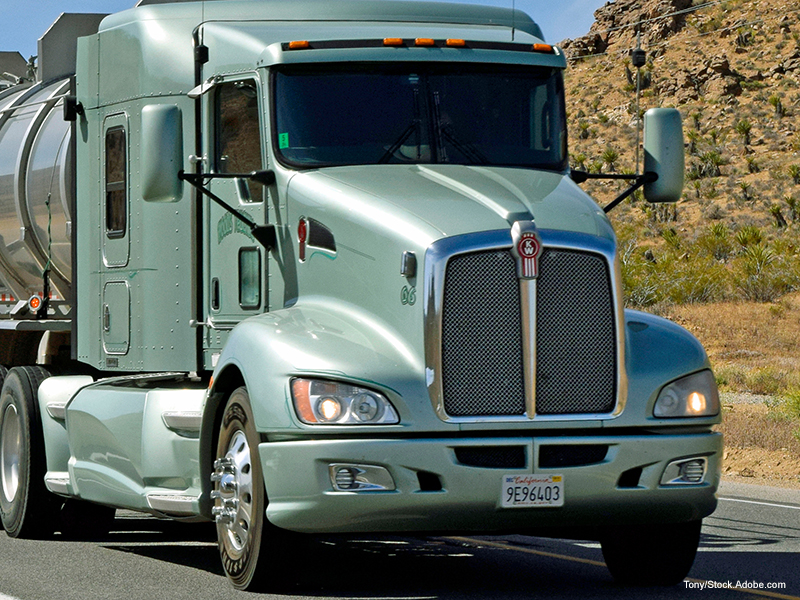State officials across the country continue to discuss the use of automated license plate readers.
The devices typically are mounted on police vehicles and traffic lights. Road signs, bridges and buildings offer other methods for mounting the devices.
High-tech cameras to capture the date, time and location that scanned vehicles pass are used in some capacity by local and state police departments and other state and federal agencies across the country. A Congressional report stated that license plate readers “are now relatively commonplace in policing.”
Private businesses, such as repossession companies and vehicle insurance companies, also use the technology that can capture about 1,800 images per minute.
According to Forbes, Artificial Intelligence-powered cameras soon will be able to transform license plate readers into devices more similar to traditional surveillance cameras.
The National Conference of State Legislatures reports that nearly half of all states have rules for the use of automated license plate readers. Among the group, at least six states place restrictions on government or law enforcement use of the technology. Eight states limit how long data can be kept. Four states specify that data is exempt under public records laws.
Already this year, three states have enacted or revised rules for plate readers.
California
The California Legislature voted to approve a bill described as “establishing robust safeguards and crucial oversight” for the use of license plate readers.
California statute limits use of the devices. The Highway Patrol is able to use the technology and retain information for up to 60 days. An exception to the time limit rule specifies that data can be kept longer if it is being used as evidence in felony cases, such as vehicle theft.
The Highway Patrol must report to the legislature how data is being used. Additionally, state police can only use data “for purposes of locating vehicles or persons when either are reasonably suspected of being involved in the commission of a public offense.”
State lawmakers approved legislation to prohibit public agencies from retaining data for more than 60 days. An exception would be made for instances when data matches information on a “hot list.”
A hot list is defined as a list or lists of license plates of vehicles of interest.
SB274 would also require the Department of Justice to conduct annual random audits of agencies using license plate readers “to determine whether they have implemented a usage and privacy policy in compliance with the law.”
Sen. Sabrina Cervantes, D-Riverside, said her bill “protects the privacy of Californians while protecting public safety by requiring certain public entities that use ALPR systems to strengthen their safeguards regarding employee access and usage of those systems.”
Governor vetoes bill
Gov. Gavin Newsom said in a veto message the regulations in SB274 would impede criminal investigations.
“I appreciate the author’s intent to prevent information regarding a person’s whereabouts from falling into the wrong hands,” Newsom wrote. “Nevertheless, this measure does not strike the delicate balance between protecting individual privacy and ensuring public safety.”
He added that “restrictions on inter-agency data sharing may impair solving crimes in real time, such as highway shootings, where the suspect may be rapidly crossing jurisdictional boundaries.”
What now?
The California Legislature could bring up the bill for consideration of a veto override. A two-thirds majority would be necessary in both statehouse chambers for a successful override.
The Senate voted 28-6 in favor of the bill. Assembly lawmakers approved SB274 on a 41-29 vote. Only the Senate vote exceeded the two-thirds majority for a veto override.
Consideration of the governor’s veto is pending in the Senate.
California state lawmakers have not overridden a gubernatorial veto in 45 years. LL
More Land Line coverage of California news is available.

